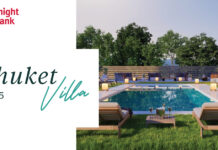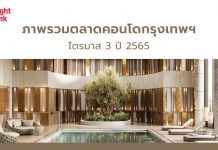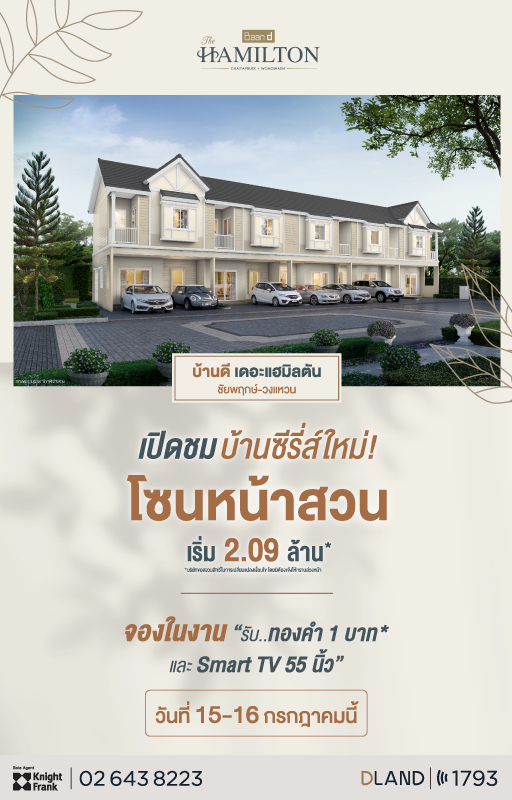Mr. Nattha Kahapana, Deputy Managing Director and Head of Knight Frank Phuket Operations, Knight Frank Thailand Co.Ltd., said that, Over the past decade, most property developers have focused on the residential market given its better returns and lower outlay of capital than the development of commercial properties. In the past three years, the drop in residential sales has put pressure on developers’ financial targets and has prompted some developers to rethink their long-term strategy as the residential market, especially the condominium market, reaches a saturation point.
Like in any other business, the real estate development can be explained by the S-curve model which starts at the bottom with increasingly rapid growth until it reaches a point where this growth stagnates. Entering into a new sector or business can help residential developers to maintain their business continuity.

A natural shift for residential developers is diversifying their operations to the commercial property market such as hotels, and offices that revolve around their core business to reduce their exposure to the residential market and sustain revenue and profit growth in the future. These developers face different challenges such as selecting a sector with high upward potential where they can add value and compete with existing organizations.
Some examples of residential developers tapping into new businesses include PSH with its new Vimut hospital, Land & Houses (LH) entering into the retail sector by developing a new shopping center, or entering into the banking business, AP’s new division towards the opportunities of the upcoming Thai aging society with their senior management development center (SEAC), ORI joining JWD to create Alpha Industrial Solution, a joint-venture company aiming to invest in the industrial property sector, and Sansiri entering the debt management business with XSpring AMC, or investing in JustCo to provide co-working spaces and services.
Nevertheless, the hospitality sector has been the most popular among residential developers when pursuing growth in new segments outside their core business because it allows them to leverage their existing resources such as the customer base, contractors, and company staff. In some cases, residential developers have pursued innovation to find a way to stay relevant by differentiating their residential project, for instance by engaging a hotel operator to brand and manage the property.
Additionally, other residential developers have entered the hotel segment directly as part of their business plan to take part in the growth of the tourism industry in Thailand. In normal conditions, the development of an upscale or luxury hotel in Bangkok has a payback between 15 and 20 years with an average rate of return of 5 to 8% per year.
The Real Estate Investment Trust (REIT) has been the most attractive option for residential developers to expand their portfolios into recurring income properties. REITs are cheap funding sources for developers looking to raise capital for other projects.
The survey conducted by the Research and Consultancy division of Knight Frank (Thailand) shows several residential developers venturing into the hospitality sector since 2009 to date.
As we can see, this is not something new, but it’s something intensified because of the concerns about the residential market slowdown.
From 2009 to 2015, several residential developers, e.g., Proud, MQDC, Q House, Land & Houses entered the hospitality sector. Others such as AQ Estate, Origin, SC Asset, Ananda, and Origin, followed afterward.
















